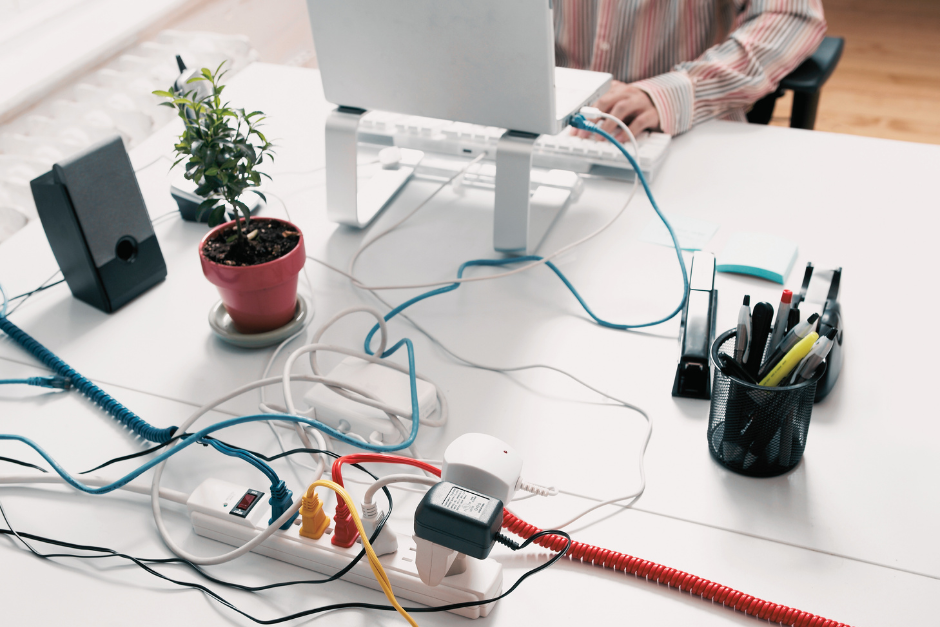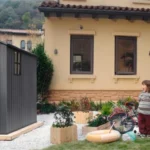As homeowners, we often take electricity for granted. It’s always there when we need it, powering our devices and appliances without a second thought. But what many people don’t realize is that electricity can also be extremely dangerous if not properly managed.
The National Fire Protection Association reports that electrical fires cause more than 50,000 home fires annually in the United States. To ensure your family’s safety and prevent any potential hazards, it’s essential to understand the most common electrical dangers found in homes.
In this article, we will discuss the top five most dangerous electrical hazards at home and provide tips on how to avoid them.
If you’re experiencing any of the following electrical hazards at home, don’t hesitate to contact an expert Spokane electrician for help. They offer various electrical services, from troubleshooting and repairs to installations and upgrades.
1. Faulty wiring
One of the most common causes of electrical fires at home is faulty wiring. This can be due to old or outdated wiring systems, incorrect installation, or damage from pests or renovations.
Signs of faulty wiring include flickering lights, frequent tripped breakers, and burning smells from outlets or walls. If you notice any of these warning signs, it’s crucial to call an expert electrician to inspect and repair the wiring immediately.
2. Overloaded circuits
Overloading circuits is another common electrical hazard that can result in fires. This can happen if you have plugged several appliances into the same outlet or circuit. Doing this can force it to draw more power than it can handle.
It’s essential to spread your electronic devices across different outlets and never use extension cords for long-term solutions. If you frequently experience tripped breakers, it may be a sign that your circuits are overloaded and need to be upgraded by a professional.
3. Outdated electrical panels
Electrical panels ensure the safe distribution of electricity throughout your home. However, if they are outdated or not properly maintained, they can become a major fire hazard. Old panels may struggle to meet current electrical needs, increasing the risk of overheating and fires.
If your home is over 25 years old or you frequently experience power outages or flickering lights, it’s time to have your electrical panel inspected and possibly upgraded by an expert electrician.
4. Damaged extension cords
Many of us use extension cords to provide electricity in hard-to-reach areas or for temporary solutions. However, they can be dangerous if not used properly or when damaged. Cracked or frayed cords can expose wires, increasing the risk of electrocution or fires. It’s essential to regularly check your extension cords for any signs of damage and replace them immediately if necessary.
5. Water and electricity
Water and electricity should never mix, as it can lead to electrocution or fires. This is why GFCI (ground-fault circuit interrupter) outlets are essential in areas with water sources, such as kitchens, bathrooms, and outdoor spaces.
These outlets have built-in sensors that monitor electrical currents and cut off the power if necessary. If you don’t have GFCI outlets installed in these areas, expert electricians can help you upgrade your electrical system for added safety.
Tips for preventing electrical hazards at home
Now that we’ve discussed the most common electrical hazards, here are some additional tips to help you prevent them in your home:
- Regularly inspect and maintain your electrical system, including outlets, switches, and cords.
- Never attempt DIY electrical work or repairs. Always hire a licensed and experienced electrician for any electrical projects.
- Avoid using appliances or devices near water sources.
- Unplug electronic devices when not in use to minimize the risk of fires from damaged wiring.
- Install smoke detectors on every level of your home and regularly check that they function correctly.
Conclusion
By following these tips and being aware of potential hazards, you can keep your family safe from dangerous electrical incidents at home. Keep an eye out for these potential hazards and contact an expert for any electrical issues in your home.







